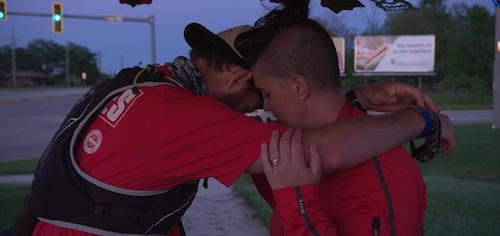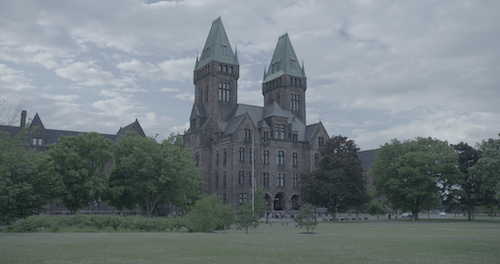Communiqué
Four-Part Series Traces “Mysteries of Mental Illness” Concludes June 23 Starting at 9:00 pm
< < Back to four-part-series-traces-mysteries-of-mental-illness-june-22-23-starting-at-900-pmMysteries of Mental Illness explores the story of mental illness in science and society, tracing the evolution of this complex topic from its earliest days to present times. The four-part series examines the dramatic attempts across generations to unravel the mysteries of mental illness and give voice to contemporary Americans across a spectrum of experiences.

An Olympic boxer struggling with OCD… a Harlem pastor wrestling with depression… a transgender lawyer recovering from years of self-loathing… a young activist coming to terms with her schizophrenia… One in four people will experience a mental illness at some point in their lifetime. Yet a diagnosis of a mental disorder still carries a stigma that a heart condition or other physical ailment doesn’t, largely because mental illness has been so poorly understood for so long.
The landmark series Mysteries of Mental Illness places the stories of those living with mental illness today in a broader historic, scientific, and social context. The series traces how our understanding of mental illness has evolved from an ancient conception of spiritual affliction to the latest 21st century neurobiological breakthroughs.
At a time when mental health has been thrust to the fore by Covid 19, Mysteries of Mental Illness provides an invaluable framework to create deeper national understanding and dialogue.
Tuesday, June 22 at 8 pm
“Evil or Illness?”
Examine ancient conceptions of mental illness and the establishment of psychiatry. Hear contemporary stories of people living with mental illness, including an aspiring astrophysicist with schizophrenia, and an Olympics-bound boxer with OCD.

Tuesday, June 22 at 9 pm
“Whose Normal?”
Trace efforts to develop guidelines for diagnosing mental illness rooted in empirical science rather than dogma. Explore how science and societal factors are deeply entwined with ever-shifting definitions of mental health and mental illness.
Wednesday, June 23 at 8 pm
“Rise and Fall of the Asylum”
Follow the origin and downfall of mental asylums in the United States. Glimpse inside Cook County prison, the nation’s largest unintended mental health facility, meet the detainees in their care, and the challenges they face both inside and out.
Wednesday, June 23 at 9 pm
“The New Frontiers”
Explore today’s most cutting-edge treatments, based on the latest understanding of mental illness, through profiles of patients undergoing deep brain stimulation surgery, infusions of ketamine and modern electro-convulsive therapy.

